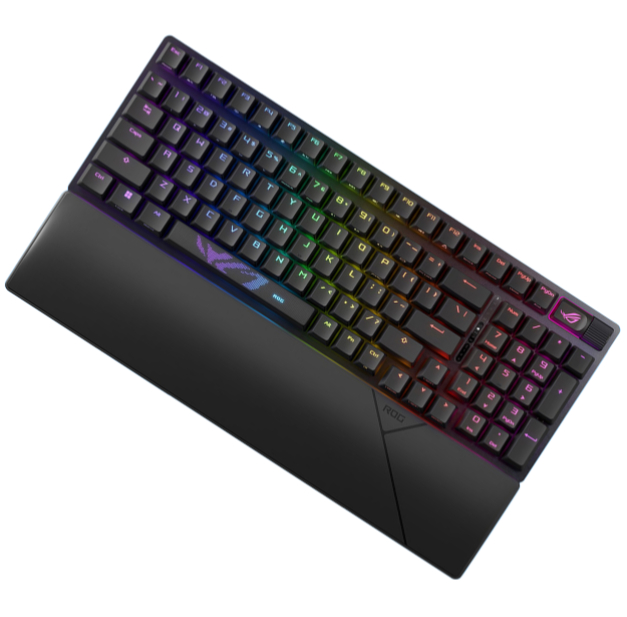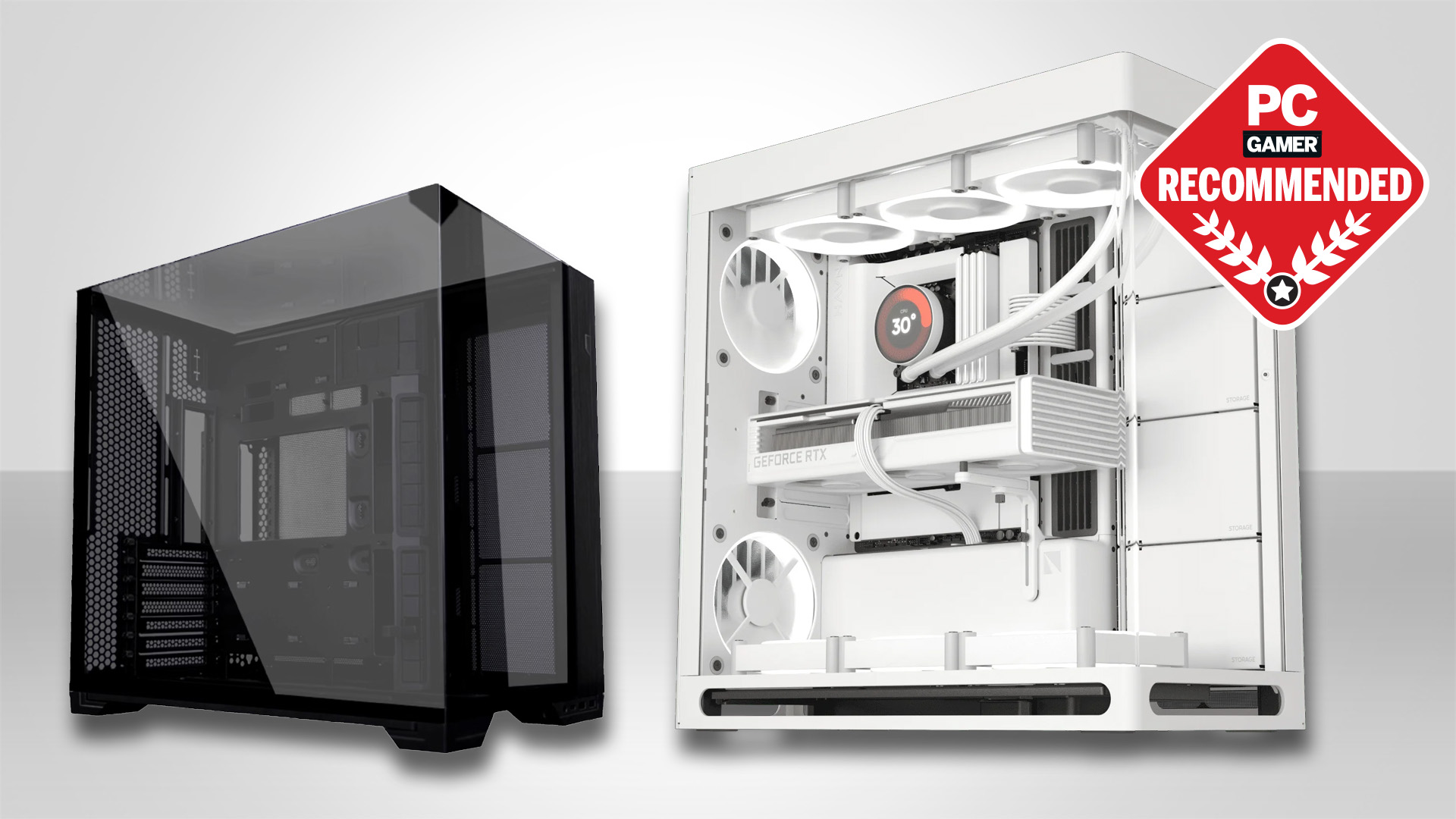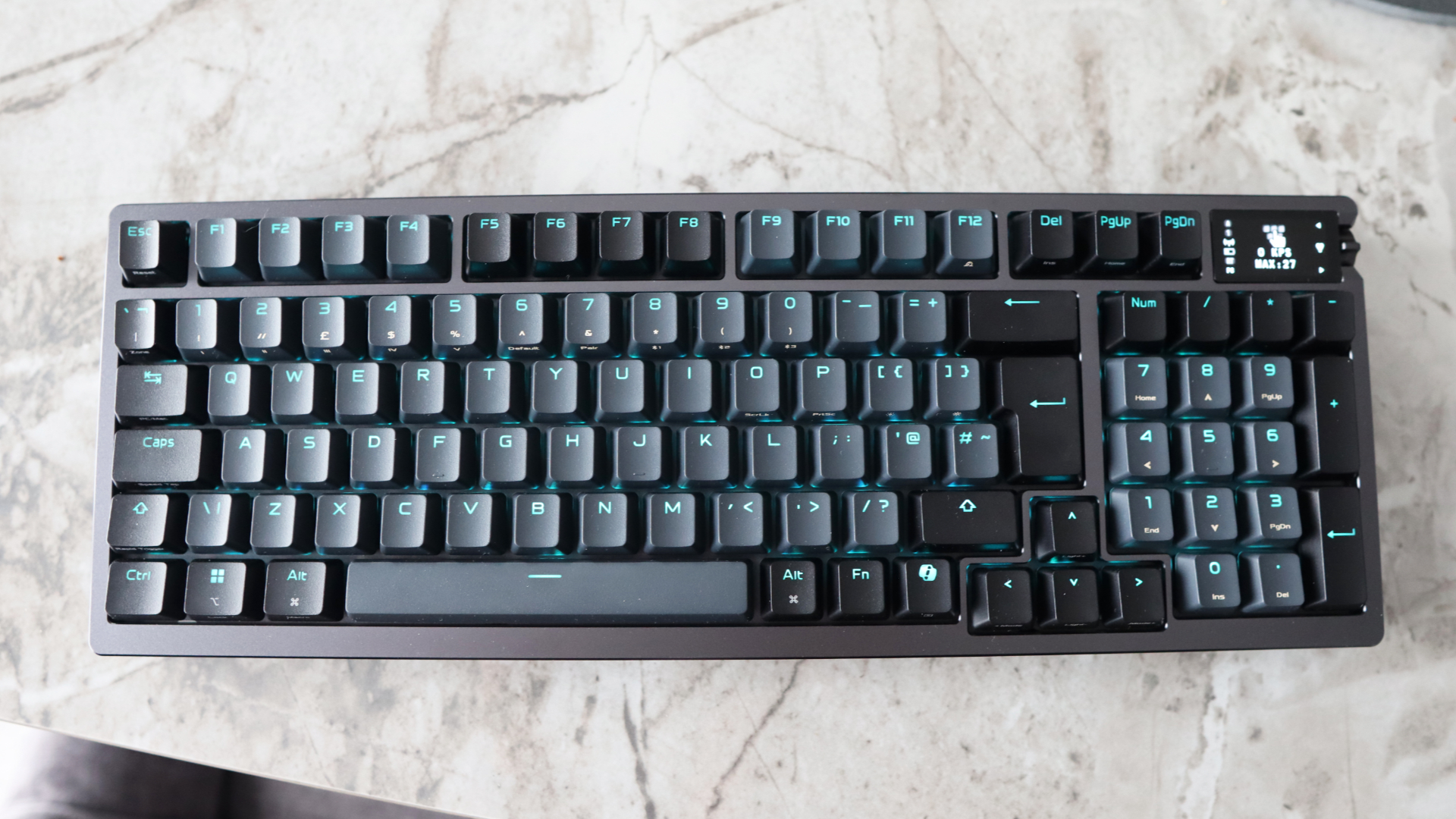'Humanity has prevailed (for now!)' says former OpenAI employee, admitting he's 'barely alive' after beating one of its AI models in a coding world championship fight
Get this man an energy drink, stat.

While it might seem like AI models are rapidly overtaking the endeavours of squishy human beings, it appears some hope of staying ahead of our AI overlords may remain. And in this case, that hope is personified by Przemysław Dębiak, a former OpenAI employee who has narrowly beaten one of the company's models in a coding world championship.
Dębiak was competing in the AtCoder World Tour Finals 2025 Heuristic contest in Tokyo last week, pitting his coding skills against not only multiple human competitors, but OpenAI's "OpenAIAHC", a custom simulated reasoning model similar to OpenAI o3 (via Ars Technica). The competition involved contestants solving a complex optimisation problem over a 10-hour period, before being scored on their achievements.
Humanity has prevailed (for now!)I'm completely exhausted. I figured, I had 10h of sleep in the last 3 days and I'm barely alive.I'll post more about the contest when I get some rest. (To be clear, those are provisional results, but my lead should be big enough) pic.twitter.com/fIMo0ifNCdJuly 16, 2025
The participants were allowed to solve the problem using any programming language available at AtCoder, although they were limited to identical hardware and a mandatory five-minute wait between coding submissions.
Dębiak, competing under the name "Psyho", earned a final score of 1,812,272,588,909, placing him top of the leaderboard and trouncing the AI, which scored 1,654,675,725,406, earning it a second-place finish. Taking to X to celebrate his achievement, Dębiak proudly announced, "Humanity has prevailed (for now!)", but admitted the competition had taken its toll:
"I'm completely exhausted. I figured, I had 10 [hours] of sleep in the last three days and I'm barely alive."
OpenAI, however, seems quite happy with its model's silver-medal achievement. Speaking to Ars Technica, a company spokesperson said:
"Models like o3 rank among the top 100 in coding/math contests, but as far as we know, this is the first top-three placement in a premier coding/math contest. Events like AtCoder give us a way to test how well our models can reason strategically, plan over long time horizons, and improve solutions through trial and error—just like a human would."
Keep up to date with the most important stories and the best deals, as picked by the PC Gamer team.
Officially, OpenAI might be correct. However, it's worth noting that two Google DeepMind systems, AlphaProof and AlphaGeometry 2, earned themselves a silver-medal-equivalent score in one of the world's hardest maths competitions last year, although neither model officially entered into the competition itself.
This particular competition is believed to be the first time an AI model has directly competed against human programmers in a coding contest, and while I don't want to knock Dębiak's achievement, it's pretty impressive that the machine came in second place.
That probably doesn't bode well for the future of human coding competitors, as while programmers are inevitably improving their skills, the immense speed of AI development is likely to mean it won't be long before AI models are topping the leader boards in similar events.
For now, though, the champagne bottle and winner's laurels are firmly in Dębiak's hands, although being a coding competition, it was probably an energy drink followed by an eventual lie-down. Chalk another one up for humanity, though—we've still got it where it counts. Just about, I reckon.

1. Best overall:
Asus ROG Strix Scope II 96 Wireless
2. Best budget:
Gamakay x Naughshark NS68
3. Best mid-range:
Ducky Zero 6108
4. Best rapid trigger:
Wooting 80HE
5. Best wireless rapid trigger:
Keychron K2 HE
6. Best silent:
Be Quiet! Light Mount
7. Best tenkeyless:
Keychron Q3 Max
8. Best low profile:
NuPhy Air60 HE
9. Best ergonomic:
Kinesis Freestyle Edge RGB
10. Best membrane:
Roccat Magma

Andy built his first gaming PC at the tender age of 12, when IDE cables were a thing and high resolution wasn't—and he hasn't stopped since. Now working as a hardware writer for PC Gamer, Andy spends his time jumping around the world attending product launches and trade shows, all the while reviewing every bit of PC gaming hardware he can get his hands on. You name it, if it's interesting hardware he'll write words about it, with opinions and everything.
You must confirm your public display name before commenting
Please logout and then login again, you will then be prompted to enter your display name.

